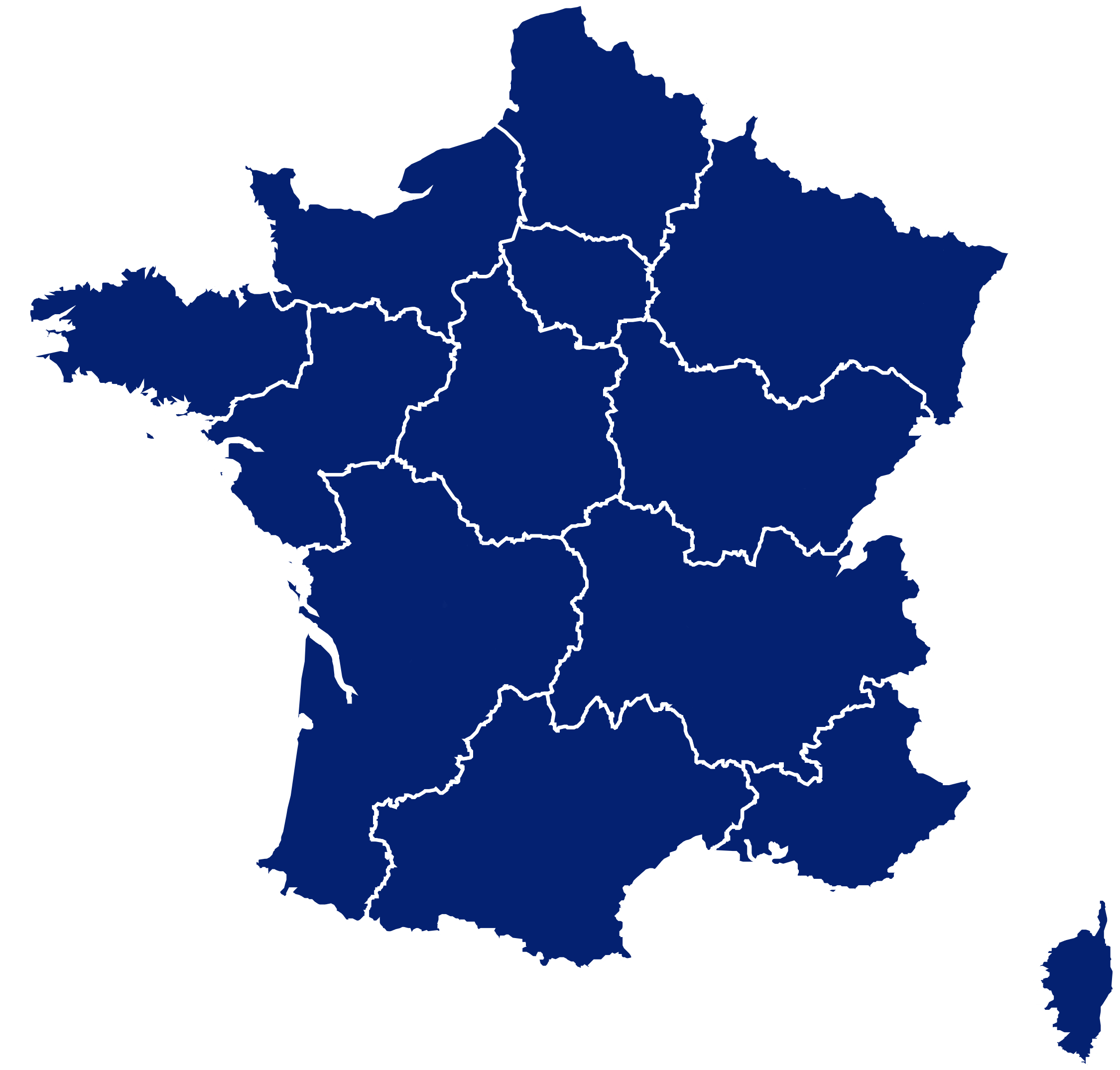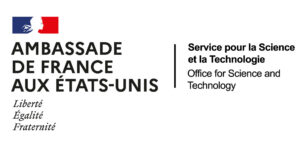NETVA program - Start in America
About the program
NETVA is one of the rare startup support programs offering a high-impact, week-long immersion in the United States, packed with tailored meetings and strategic connections.
In 2025, NETVA mobilized over 350 key players across 9 U.S. diplomatic posts, including:
- 88 companies
- 87 support organizations (incubators, accelerators, chambers of commerce)
- 163 researchers
Together, they enabled 220+ personalized meetings, helping French deeptech startups build bridges with the American innovation landscape.
With this in mind, through an annual call for projects, the program selects French early stage and deeptech startups, and offers its laureates a two-stage training program:
- a training seminar in Paris consisting of workshops led by French and American innovation professionals, tackling the specificities of the North American technology ecosystems and approaches to raise awareness among the winners of issues relating to national security, entry into the North American market, economic security, communication, intellectual property, investment, human resources, and prepare them to better understand the specificities of North American technological ecosystems;
- an immersion in the United States, in one of the seven highly innovative American ecosystems proposed by La Synapse, during which entrepreneurs take part in workshops to confront their business model to the North American reality, one-to-one meetings with key players in their field, and events enabling them to make the first strategic contacts with French, Francophile, and American entrepreneurial communities.
NETVA invites you to discover one of the nine most dynamic ecosystems in the U.S.: #Atlanta, #Boston, #Chicago, #Houston, #LosAngeles, #SanFrancisco, #WashingtonDC, #Miami, and #NewYorkCity!

Eligibility criteria
Participation fees
In the event of selection, a monetary contribution is requested from the winners to cover part of the costs of training and immersion in the United States. This contribution amounts to:
- 3 000€ for each ecosystem.
The air transportation expenses to the United States are also the responsibility of the laureates.
Calendar
- Application deadline: September 30 to November 9, 2025 (midnight, Paris Time);
- Selection interviews: January-February 2026;
- Announcement of winners: February 2026;
- Training seminar: dates to be announced;
- Immersion weeks: spring 2026.
History
Initially offered in Boston, under the name New England Technology Venture Accelerator, the program has evolved over the years to adapt to the development of French deeptech and its needs, and has been extended to other North American ecosystems: first San Francisco in 2012, then Washington DC in 2013, Chicago and Houston in 2019, Los Angeles in 2020, Atlanta in 2021, Miami in 2023, and New York City in 2024.
All these ecosystems are now offered to startups for their immersion week. Between 2015 and 2017, the program was also organized in Toronto, to enable discovery of the Canadian market and technology ecosystem. This encouraging experiment, suspended for administrative reasons, could be repeated in the future, in Toronto and beyond, to extend the prospects for cooperation and internationalization to the whole of North America. Between 2010 and 2025, 225 startups were selected and supported by NETVA in 10 North American cities.
Number of startups by city between 2010 and 2025 in North America

Origin of startups
Number of startups by region between 2010 and 2025 in France

Fields of activity
The 225 startups that have benefited from the program use a variety of technologies and apply them to a wide range of fields. The main fields of application are biology, medicine & healthcare, information and communications technologies (ICT), and energy & environmental challenges. However, startups in the fields of sports, real estate and art were also received. The fields of application do not, however, represent the diversity of the startups’ technological sectors. In this sense, interdisciplinarity is at the heart of innovation for almost half of the winning startups; many use artificial intelligence (16%), ICTs (12%), heavy industry technologies (9%), nanotechnologies (4%) and quantum technologies (1%). For example, of the 88 startups in the biology, medicine and health sectors, 20% use artificial intelligence and 10% use ICTs.
Success stories
The success and disruptive nature of an innovation can also be measured by the number of patents: over 332 patents have been filed by almost half of NETVA’s alumni to protect their intellectual property. Patents are mainly filed by laureates in the fields of biology, medicine & healthcare, agriculture & agri-food, energy, aerospace and ICT. By way of example, Exoes (NETVA 2013) has filed 27 patents and Uwinloc (NETVA 2017) has filed 22.
Fundraising is another indicator of the success of startups following their participation in the NETVA program. In total, NETVA alumni have raised over €1B, including more than €800M after participating in the program. Notable fundraisings include Pasqal (€125M – quantum technology – NETVA 2021), Dynacure (€100M – biotech – NETVA 2017), Treefrog Therapeutics (€87M – biotech – NETVA 2019), Wandercraft (€70M – medical technology – NETVA 2016), and Delair-Tech (€43M – aerospace – NETVA 2014).
Following their participation in the NETVA program, several French startups chose to expand in the United States, such as Treefrog Therapeutics and Genoskin (NETVA 2016) in Boston, Preligens (NETVA 2017) in Washington DC, Inarix (NETVA 2021) in Chicago, Sensome (NETVA 2016) in Los Angeles, Shortways (NETVA 2013) in New York, and Adaxis (NETVA 2022) in Chattanooga near Atlanta; others have set up technological partnerships with US-based players, such as Pasqal with University of Chicago and CarThera with Northwestern University.



